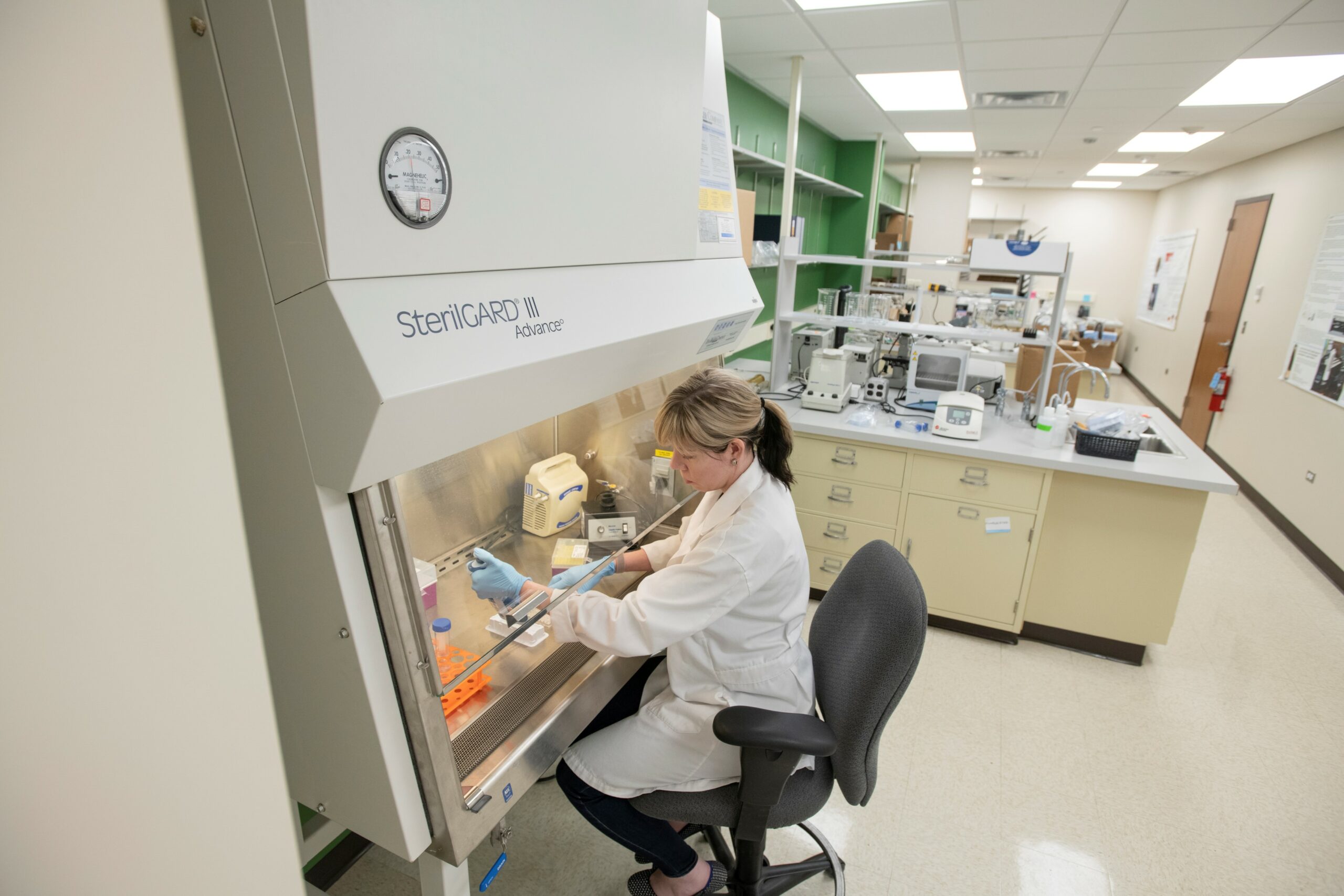
Rosalind Franklin University’s Helix 51 biomedical incubator celebrated earlier this year five years of operations with the entry of five new companies, bringing the roster of Helix 51 startups to twelve, including its first international representative.
“The growth of our Helix 51 incubator over the last five years brings to the RFU campus a range of novel therapeutic and diagnostic alternatives that will hopefully benefit patients around the globe,” said Executive Vice President for Research Ronald Kaplan, PhD. “Helix 51 has also created a pipeline of companies into our Innovation and Research Park, with two companies now having ‘graduated’ from the incubator to more advanced development and commercialization stages.”
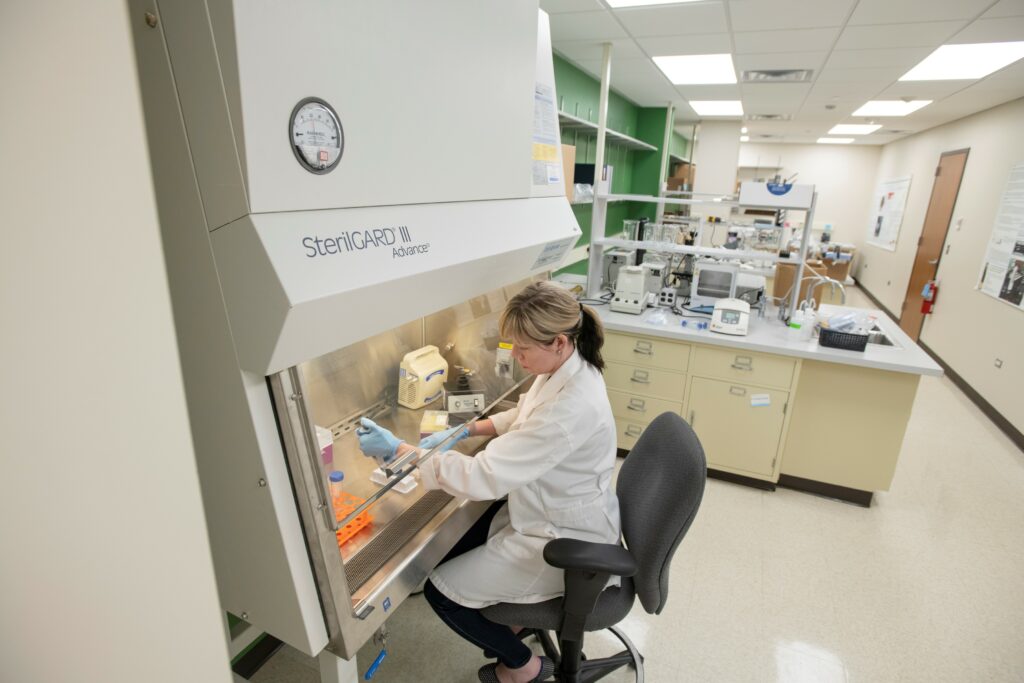
A biomedical incubator provides start-up and early-stage life science companies with dedicated laboratory and office space, mentorship, business planning skills including fundraising, and networking opportunities as they develop and refine their research — resources that can be costly and difficult for young companies to obtain on their own.
The most recent additions to Helix 51 include:
- MountView Therapeutics, a spinout from Northwestern University and Lurie Children’s Hospital based on the technology of YouYang Zhao, PhD, professor of pediatrics, medicine and pharmacology. The company is developing next generation transformative technologies for gene and drug delivery to treat acute respiratory distress syndrome and pulmonary hypertension.
- Remote Vital Monitoring Inc., spun out of the University of Illinois-Chicago, John H. Stroger, Jr. Hospital of Cook County and New York University and is based on the work of neurosurgeon James Stone, MD, and colleagues. Their technology will play an important role in monitoring the ongoing development and recovery from traumatic brain injury, which can affect as many as 50 million people annually, costing the global economy $400 billion each year.
- MRI Coil Guru, a company that specializes in the maintenance and repair of magnetic resonance imaging instruments based on the expertise of GE Healthcare-trained service engineer Chavis Thomas.
- Gencell Biotech, a Mexican company headquartered in Guadalajara, working on new therapeutic approaches to cancer, diabetic foot ulcer and wound care, as well as Parkinson’s disease and Alzheimer’s.
- Gemini Analytical Partners, a new contract research organization to enable preclinical research.
A Place for Startups to Grow
The Helix 51 biomedical incubator, the first of its kind in Lake County, Illinois, launched in 2019 and is helping its member companies make the leap from discovery to commercialization of urgently needed new therapeutics and diagnostics for a wide range of disease types including cancer, cardiovascular and respiratory illnesses, and autoimmune disorders.
The incubator offers proximity to the largest pharmaceutical and medical device hub in the Midwest, including 122 Lake County bioscience companies and 33,000 bioscience jobs — representing a wealth of biomedical talent. Helix 51 also offers affordable lab space and supportive services for early-stage companies that are a strategic fit with RFU’s commitment to accelerating research into the treatment and prevention of chronic diseases.

“Our goal and challenge is to assist these companies, all of which are in the preclinical stage of drug and device development, raise sufficient funding and develop strategies to complete all preclinical activities and initiate clinical development, which would then lead to potential partnerships with larger bioscience companies — no small task!,” said Michael Rosen, MBA, managing director of RFU’s Innovation and Research Park and Helix 51 Incubator.
Recent advances out of Helix 51 include biotech company BLR Bio’s promising new data on a potential therapy to boost the effectiveness of existing drugs for pancreatic cancer, as well as an investigational therapy under development for the treatment of scleroderma. Artec Biotech and UP Oncolytics are both developing potentially promising and different treatments for glioblastoma multiforme (GBM), a deadly brain cancer for which patients have few if any therapeutic alternatives.
About the Helix 51 Biomedical Incubator
Helix 51 features 6,700 square feet of wet and dry labs, a class 100,000 clean room, offices, shared conference room, biological safety cabinets, chemical fume hoods, refrigeration equipment, autoclave/glassware washing equipment and a lab ice machine.
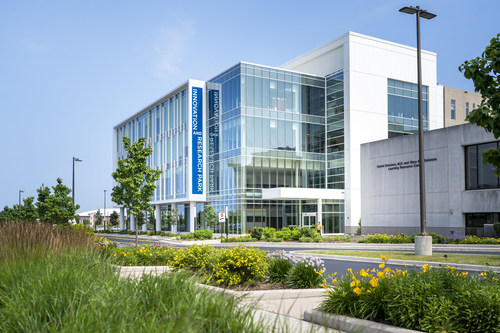
Companies can also access, with no additional cost, a unique Entrepreneurs-in-Residence program and internship program drawing students from RFU’s College of Pharmacy, Northwestern’s Masters of Biotechnology program and Kent School of Law’s JD program.
The Helix 51 incubator name is a nod to Rosalind Franklin University’s namesake. Dr. Rosalind Franklin, a British biochemist at King’s College in London, identified the double helix structure of DNA in 1952 through a series of X-ray diffraction images she captured using a camera of her own design. The iconic image that revealed the DNA double helix was labeled “Photo 51.” The advances in identification and analysis of the genetic code based on Dr. Franklin’s work produced breakthroughs that changed the trajectory of science, and continue to improve the human condition more than 70 years later.
Get Involved
We can help you tap into business resources and workforce development services at Rosalind Franklin University of Medicine and Science and other partner agencies. Click here to connect with us and see how we can help your business grow.
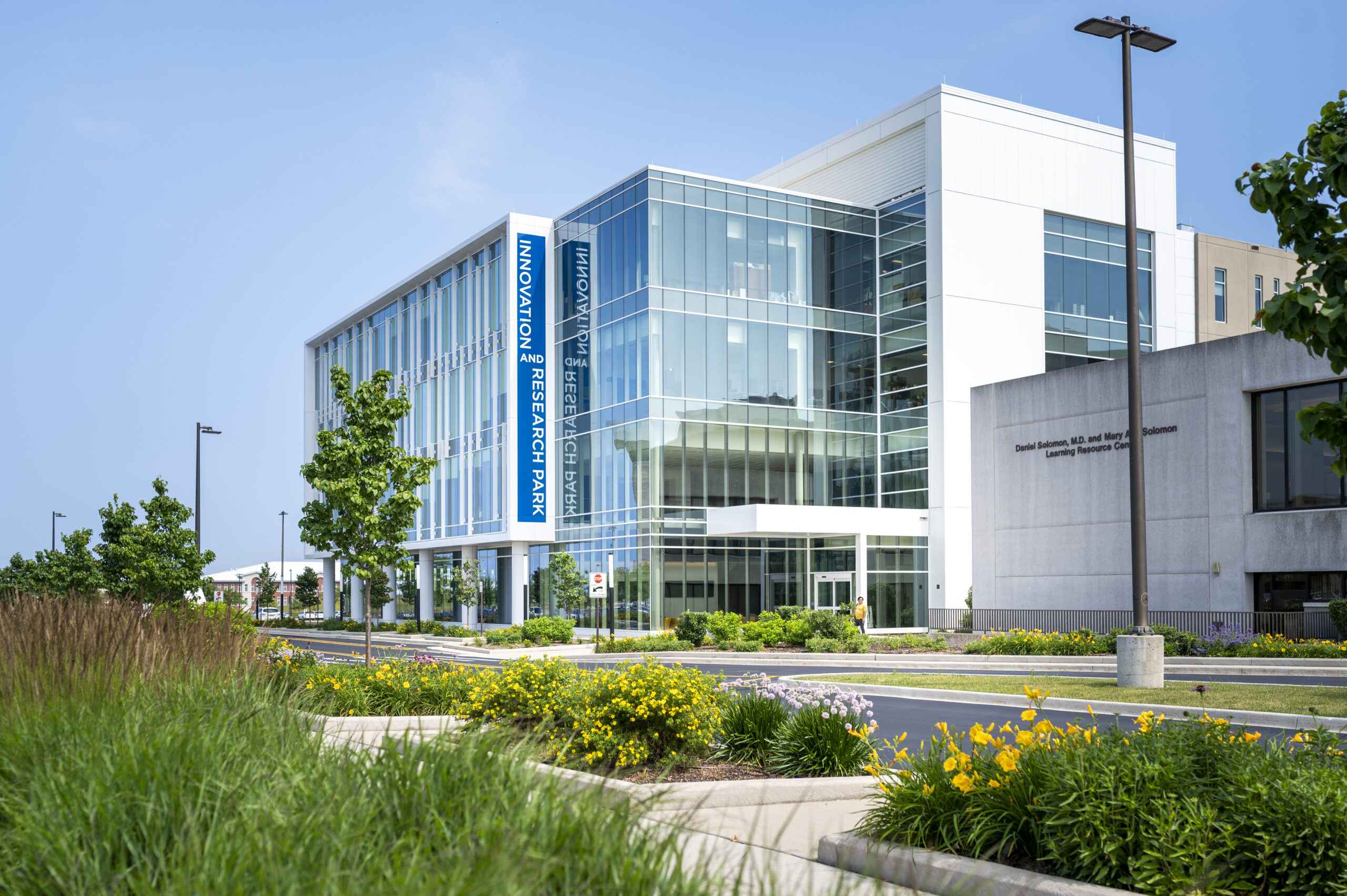
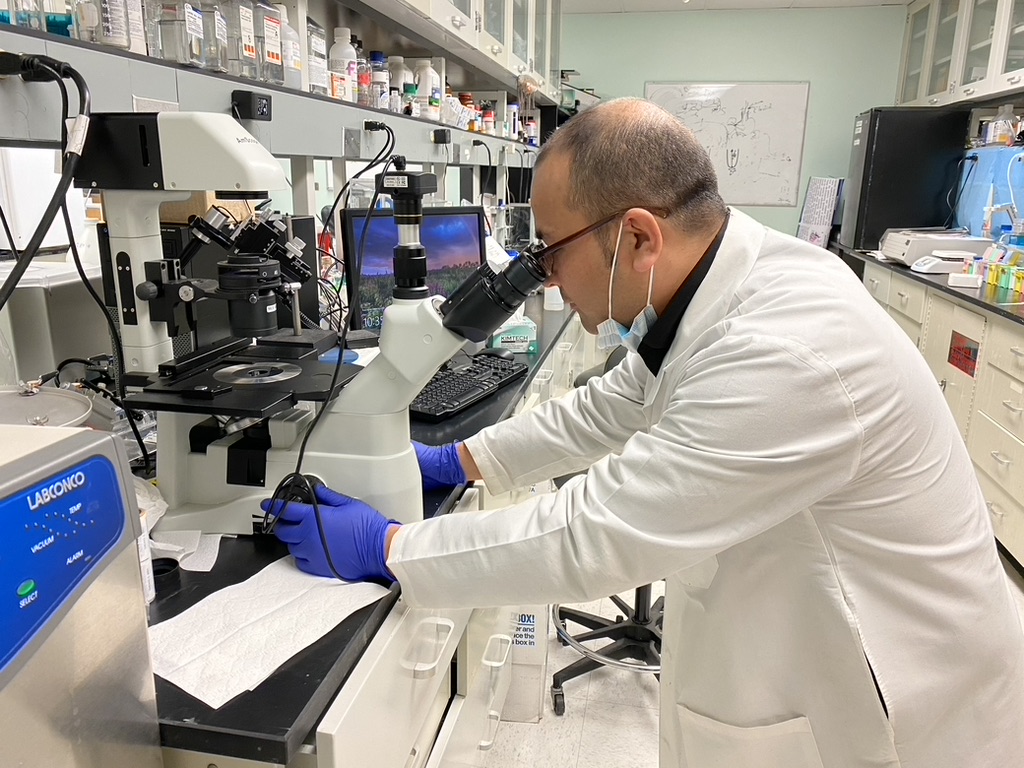
Recent Comments